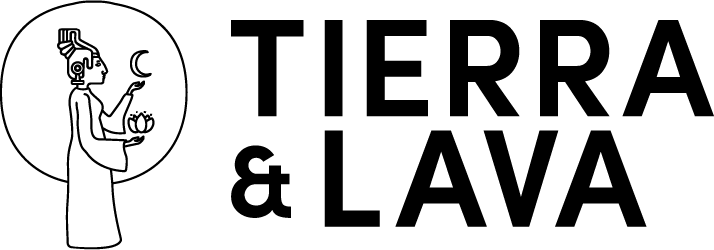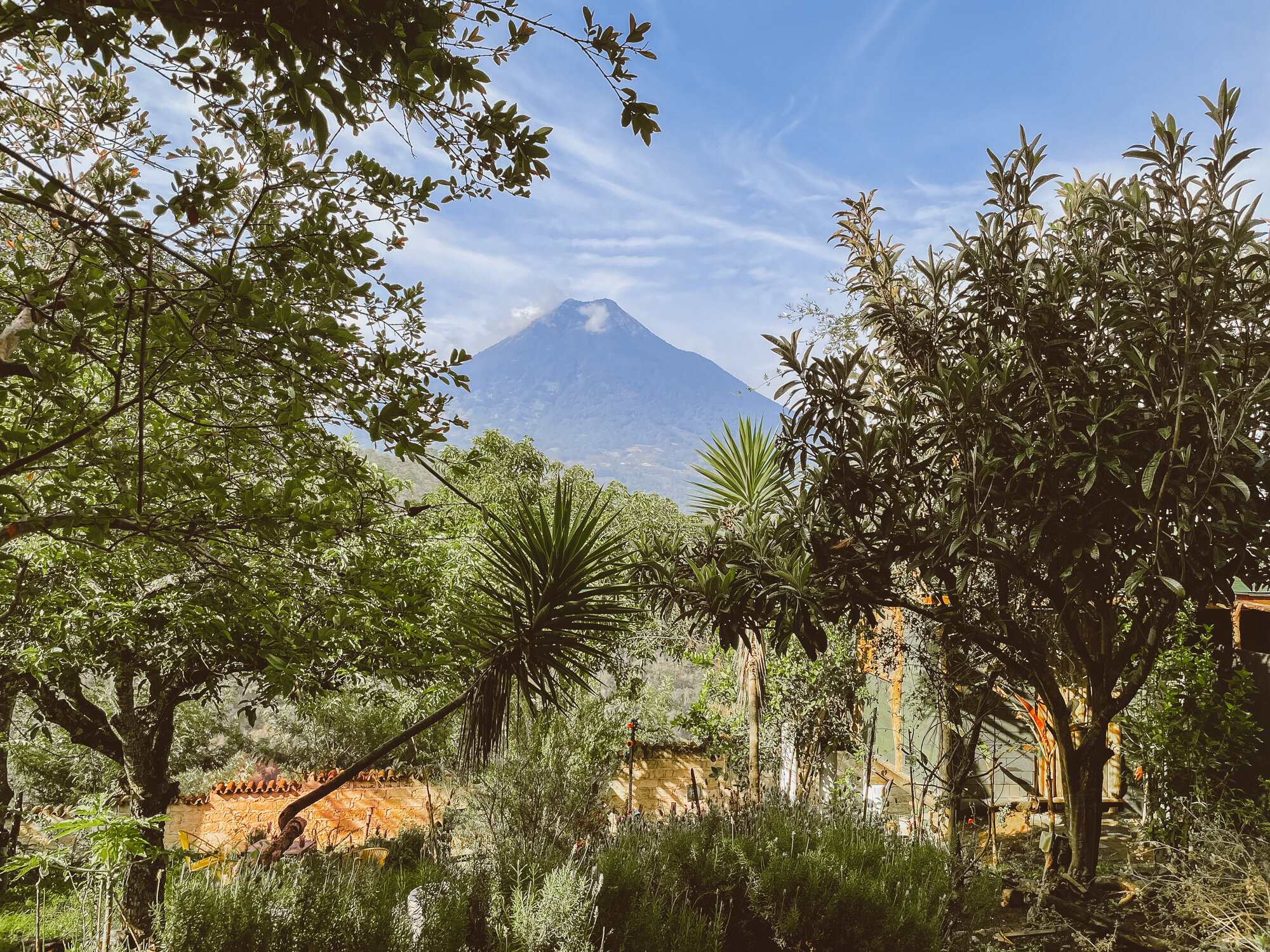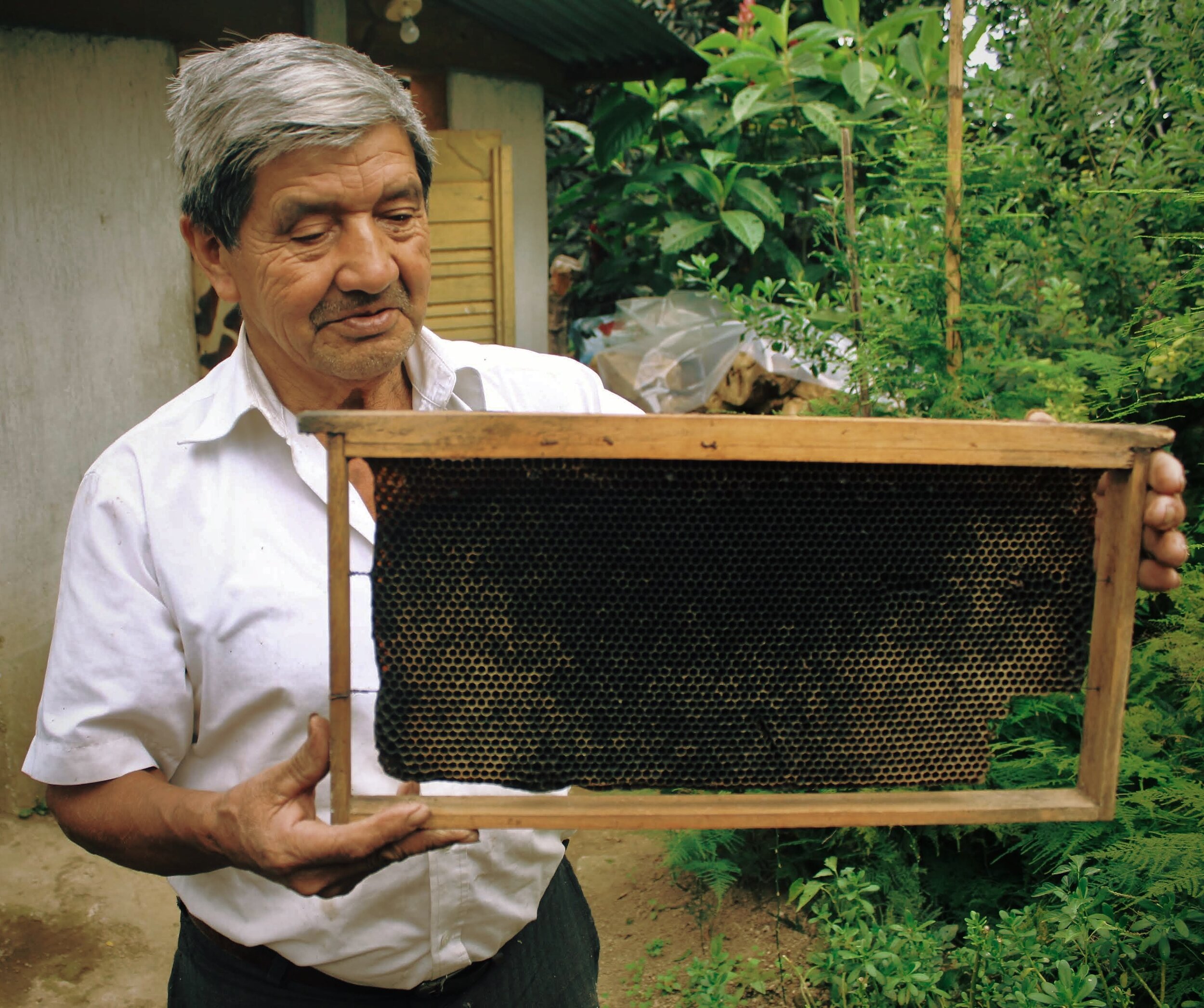What does "natural" actually mean?
Being one of the most fundamental aspects of Tierra & Lava, “natural” should come, well, pretty naturally to us, right? However, it is becoming an increasingly more controversial marketing term amongst the clean beauty/ zero waste/ natural skincare community. We’re here to debunk and define what “natural” means in the skincare world and to us.
The elusive meaning of “natural”
To some, “natural” means anything that comes from the earth. That is, after all, the true essence of the word: anything “existing in or caused by nature; not made or caused by humankind” (Merriam Webster). So why, then, is this such a hotly contested debate? The definition is relatively straightforward (if you don’t overthink it). Technically, everything on our planet does come from nature - even plastic was once made up of terrestrial substances. But plastic clearly isn’t “natural”, and most would argue it is very anti-natural, so that means that somewhere along the line, the original substances were transformed and derived too many times to be considered “natural” anymore. When natural ingredients are manipulated by humans, per the definition, they become synthetic.
The tricky part comes with regulating that: in fact, currently no organization regulates “natural” products, meaning there is no standard to uphold. Therefore, the term “natural” can be used in a very marketing-gimmicky way to describe products that actually might not be that natural.
The word ‘natural’ doesn’t really hold too much water in the skincare and beauty world anymore because it is used so liberally. Thus we now are seeing more terms such as “clean beauty” or “planet-friendly” beauty pop up, muddying the waters even further.
Why does this matter?
At the end of the day, if you care about your skincare products being natural or synthetic, you likely have a vested interest in the health of the planet to some degree. A "natural” product sounds better than a chemical one when it comes to wanting to reduce your carbon footprint, right? If you care about the environment remotely, it is important to know the real impact the products you are supporting have on the environment. And unfortunately, that means that you will often have to read past the marketing of products as “natural” and look deeper at a company’s practices.
“natural” is secondary to sustainability
Natural does not mean sustainable. Say it with us - natural does not mean sustainable. Just because a company has a green-colored package that says “natural” all over it, does not mean that it is, in any way, better for the environment. But it’s easy for our brain to make that association/ conclusion: natural = green = sustainable = good. That is the power of marketing for you. However, we need to dig deeper if we want to support products and brands that are truly sustainable and kind to the planet.
The truth of the matter is that a skincare product being ‘natural’ doesn’t really make it a whole lot better for you than a synthetic one (assuming there are no ingredients you are explicitly allergic or sensitive to). Certain natural ingredients can be harmful to the skin, just as certain unnatural ones can be. What’s more is that the harvesting and manufacturing processes for certain natural ingredients can sometimes ironically be less sustainable than synthetic ingredients. This is where having a transparent supply chain and manufacturing process holds the key to whether or not a "natural” skincare brand is actually good for you and the planet.
Case Study: Caprylic Trigliceride
This is a common substance found in cosmetics claiming to be ‘natural’, namely soaps and deodorants. It is the compound that results from from combining an extracted molecule from coconut oil with glycerin. “Some manufacturers may label caprylic triglyceride as a natural product, which is misleading. Although the compound has natural origins, it takes several stages of processing to purify and stabilize the compound in the end product. Caprylic triglyceride is highly purified and refined” (Medical News Today).
It is used because it is a stable compound that can create a barrier on the skin that locks in moisture (in skincare lingo, this means “emollient”). The compound is generally approved by the FDA to be safe, however, the true cost of this ingredient comes in the manufacturing and refining process.
Because this ingredient needs to be refined and mixed and stabilized in a lab, many resources go into the production, transportation, and manufacturing etc. that could be avoided with using a more sustainable ingredient or process on a smaller, local scale.
“The whole ‘natural’ spectrum is so vague and confusing. But the closer we stick to the whole ingredient or minimally processed (ie dried and ground etc.) ingredient, the clearer our own stance is.”
So, What does a transparent supply chain & manufacturing process look like?
This is where we like to humble brag a bit. Being a skincare brand that makes all-natural, small-batch, handcrafted products, we are deeply connected to every part of our supply chain process. We grow 80% of the botanicals for our products in our own garden, and source the rest from local farmers we have developed lasting relationships with. The refinement process of our ingredients happens on a small-scale, in our workshop and with our farmers using traditional Mayan methods that are sustainable.
This is one of our beekeepers , Don Rafa, that sustainably harvests our Artisan Beeswax for many of our products. Don Rafa is our neighbor from a beekeeping family of many generations - he began his practice at age 11.
Lucy in the workshop, preparing ingredients for our deodorants.
Mindy hard at work mixing a batch of our deodorant using freshly harvested ingredients from the area.
We pride ourselves on being in touch with all aspects of our supply chain - from growing the botanicals to refining the ingredients in our workshop and readying them for shipping.
Brands that place an emphasis on reducing their impact on the environment through their supply chain and manufacturing are the true “natural” brands that deserve the title. Since there is no real authority on what ‘natural’ means, consumers get to ultimately decide what kind of natural products they want to endorse. We know it can be confusing out there, so that is why we wanted to provide some insight on the true nature of “natural” skincare.
So, where does this leave us? At Tierra and Lava, we strive to deliver amazing natural skincare products made with 100% botanicals and minerals that are both kind to your skin and the planet - we believe you shouldn’t have to compromise when it comes to natural skincare. We don’t believe in marketing gimmicks, or labelling ourselves as a natural skincare company just because it’s trendy. We live the natural, sustainable lifestyle through and through and just want to make doing so that much more accessible to you!
What are your thoughts on the ‘natural’ skincare debate? Follow us on social media and comment on our post what you think!




